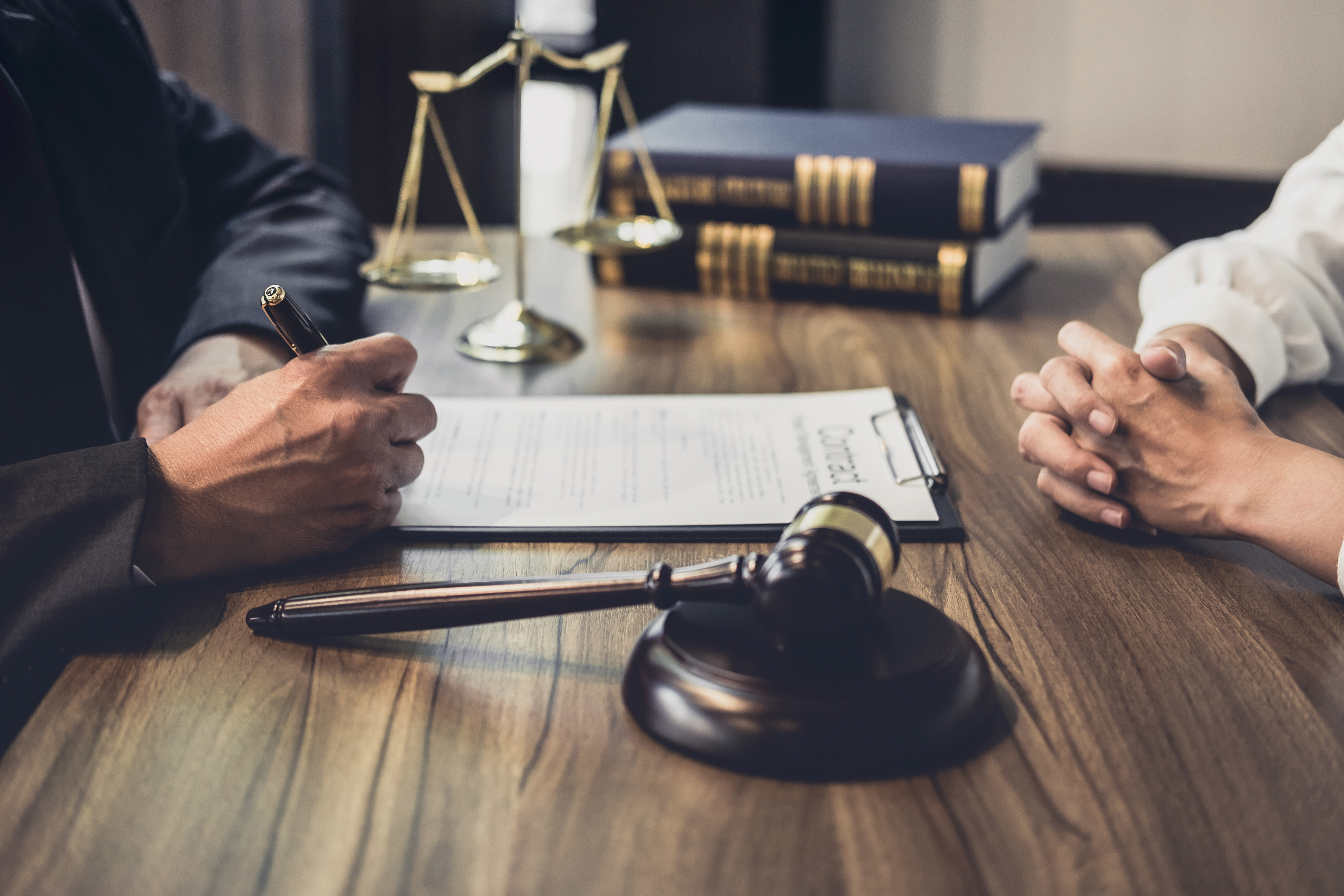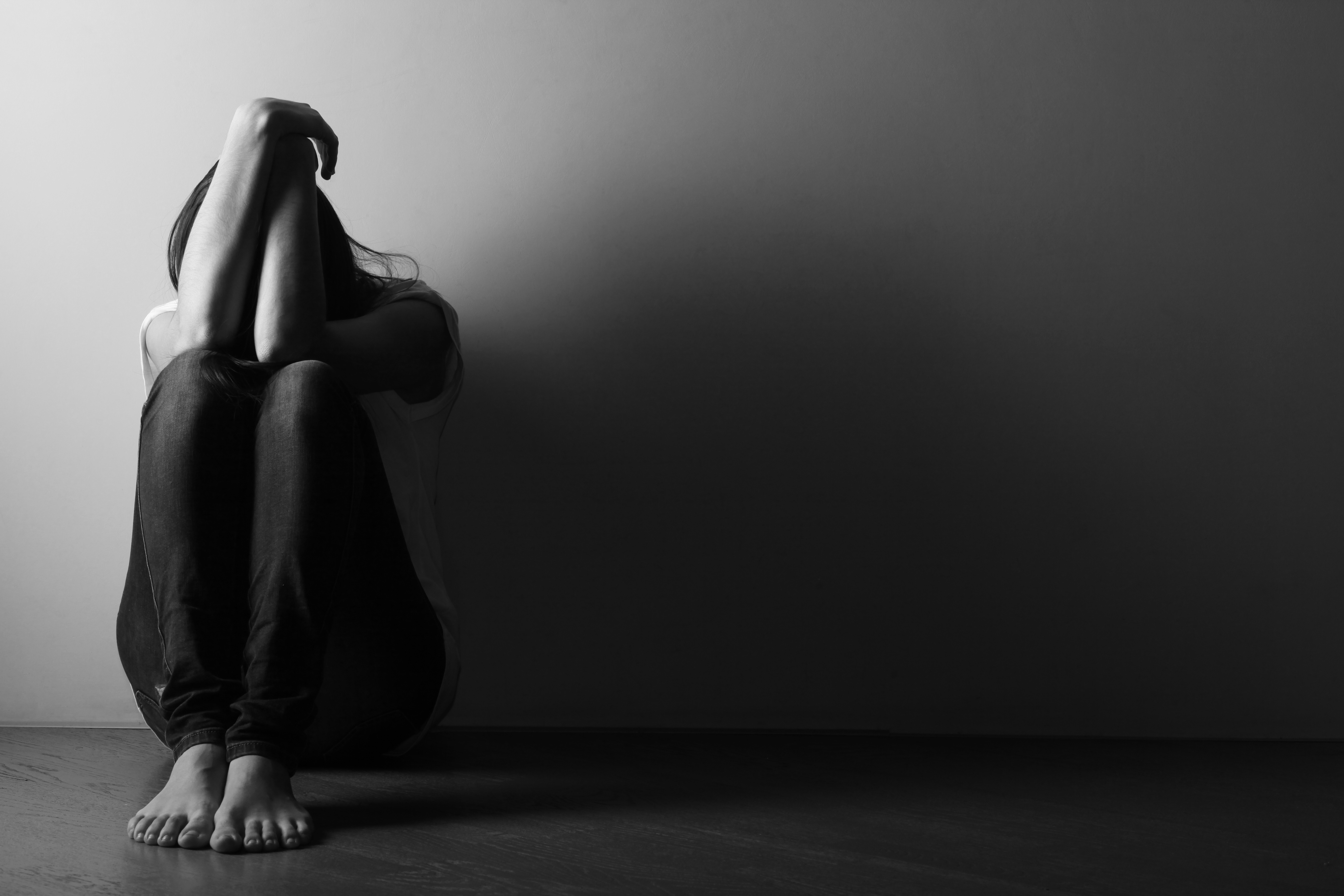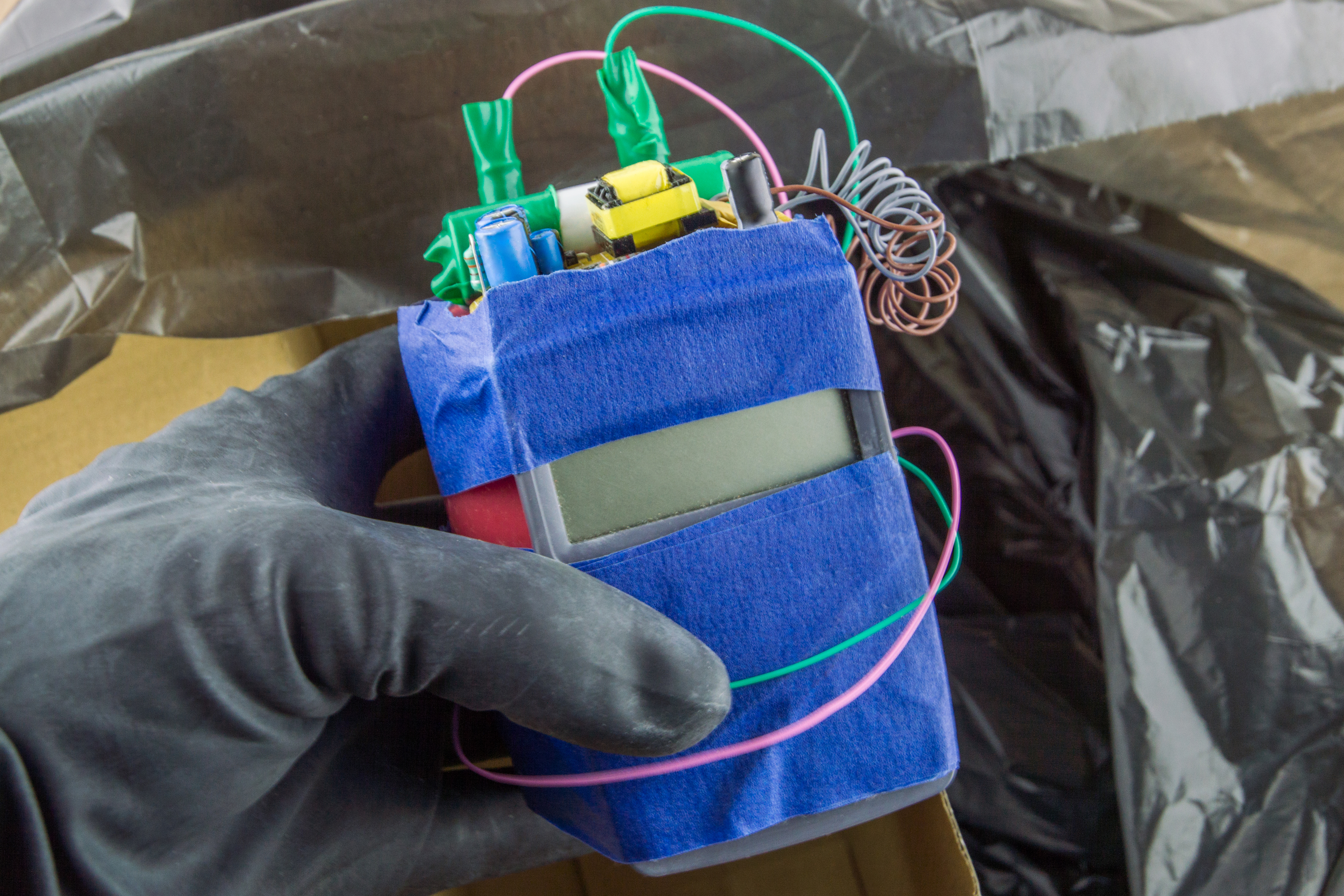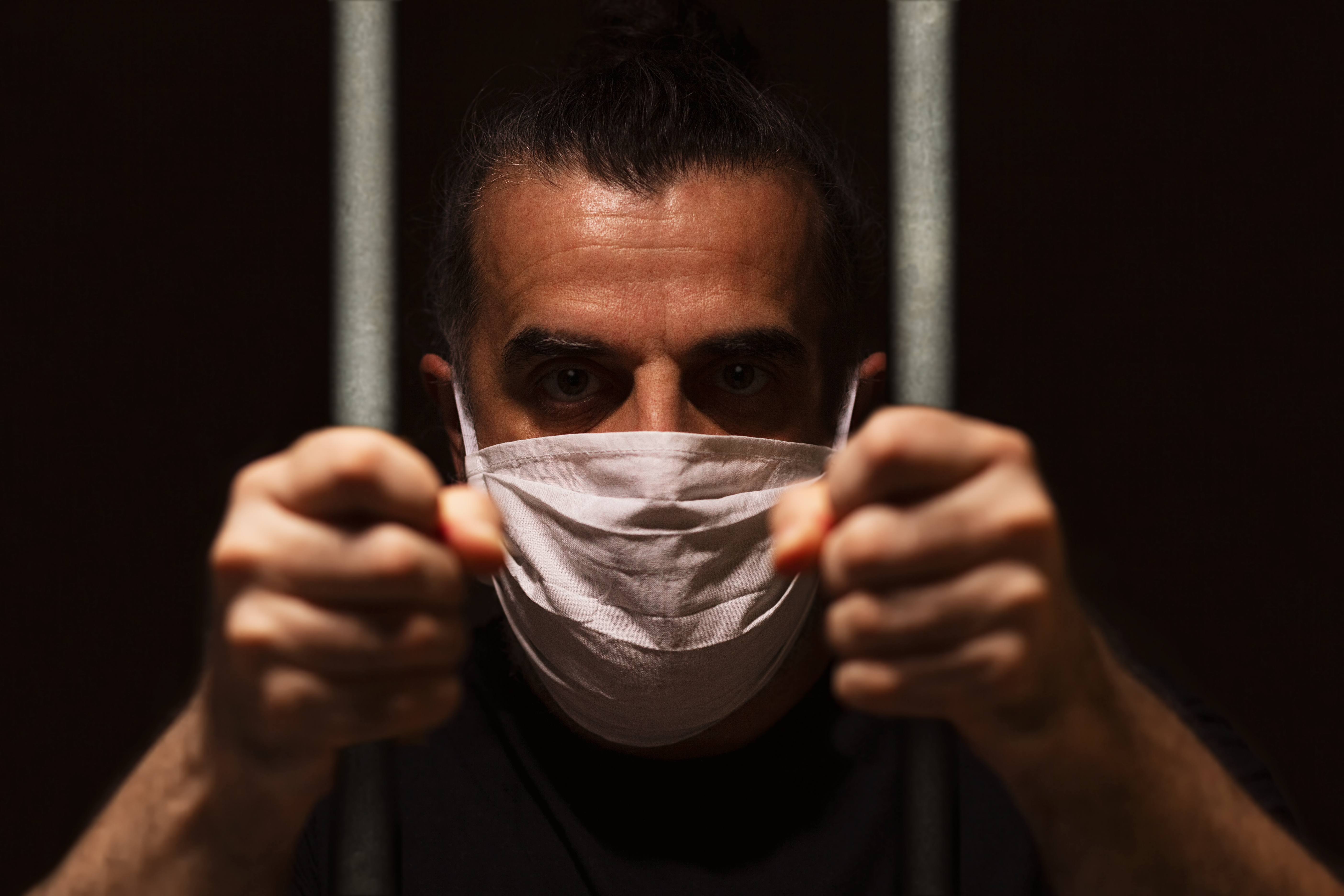Possession Of Dangerous Articles Other Than Firearms – s 93FB Crimes Act 1900 (NSW)
Facing an offence of possessing dangerous article other than firearms is extremely stressful when facing a possible criminal record and prison. Our senior lawyers are based in Sydney, specialising in these cases. They hold a proven success record of getting these charges dropped early, and proving their clients innocence for over 20 years. Speak to them now for realistic and experienced advice.
Your Options in Court
You can only be found guilty to a charge of possessing a dangerous article other than firearm if police can prove each of the following elements of the offence:
- You were in a public place; and
- You possessed anything capable of discharging; and
- It was capable of discharging:
- An Irritant in liquid, powder, gar; or
- A chemical form; or
- A dense smoke; or
- Any substance capable of causing bodily harm; or
- A fuse capable of use with an explosive or detonator; or
- A detonator
- The thing capable of discharging is not a gun or other weapon capable of propelling a projectile by any means of an explosive, including a blank firearm or air gun.
You will be found not guilty and your charge dismissed if police cannot prove each of the above 4 elements of this offence beyond reasonable doubt.
Defences to this charge
You will be Not Guilty if:
- You had a reasonable excuse or a lawful purpose for possessing it. i.e. Cultural event, work purposes, or sporting event, or construction or building purposes.
- You possessed it for self defence: where you had it to protect yourself, another person or your property, and it was reasonable to have possessed it for that purpose. i.e. possessing pepper spray to protect yourself in circumstances you believe are dangerous.
- You didn’t know of the existence of it.
- There are other persons who could have custody or control of it independently to you. i.e. It was found in a shared home or unit where others live.
- Duress or Necessity: where you were forced from threats to commit the offence or you did it to avoid serious injury.
You will be found not guilty if any of the above common defences apply to your case. Our specialist firearms and explosive lawyers have a proven record of successfully getting these charges dropped early and proving their clients innocence for over 20 years. For the best possible outcome, speak to an experienced lawyer to pick and strengthen your best defence early.
If you decide to plead guilty to an offence of possessing dangerous articles, speak to one of our most experienced and highly respected senior lawyers for the best chances at avoiding a criminal record, even after pleading guilty to this charge. Read the following for critical tips for the best chances at achieving this.
25% Discount on punishment
You will received a full 25% discount on your punishment with a lighter court outcome if you plead guilty at the earliest time. For this reason it’s important to get early advice on your charge of possession of dangerous article offence by an experienced specialist firearm lawyer.
The discount begins to reduce the later it is entered in court. Speak to an experienced firearms lawyers now.
Good character references
A good character reference letter from people you know expressing your good character, remorse, insight and shame can allow the Judge reading it to reduce your punishment with a lighter outcome.
Our senior lawyer will review each one and guide you all the way through. A letter of this kind should be obtained from a family member, friend, charity, work, and can also include a letter of apology from you expressing the above points for maximum possible results.
Negotiate to drop charges
Often, our senior lawyers have convinced police to drop these charges through extensive negotiations early in the case. Our lawyers are known as specialists in getting charges dropped early. This can be achieved by thoroughly analysing the police evidence and picking the holes in it.
To maximise your chances at successfully negotiating to drop or downgrade your charge, speak to our team of senior lawyers.
Negotiate facts
By knowing the police evidence, and highlighting the holes in it, an experienced defence lawyer can negotiate with police to change the set of police facts to be more favourable to you. This often results in a much lighter outcome and better result.
The police set of facts is a document read by the Judge expressing the offending behaviour your pleading guilty to, and how it was done. It’s often one sided because it’s drafted by police which can make you look worse than the truth. This is why our senior lawyers often negotiate this for a much better result.
Psychologist reports
A powerful court report from an experienced and highly respected psychologist or psychiatrist expressing your state of mind, remorse, insight and embarrassment for the Judge to read can significantly improve your court result with a much more lenient penalty.
Our team of lawyers will hand pick the best psychologist or psychiatrist suited to your case to ensure the most effective report can be obtained.
Maximum penalty
The maximum punishment a court can impose for the offence of posing dangerous articles other than firearms is a term of imprisonment of up to 2 years and/or fine of up to $5,500.
It’s important to understand that the court only gives the maximum punishment to the most serious offenders. In other words, it’s rarely given.
Types of penalties
You can receive any one of the following types of punishment by the Judge, depending on the level of preparation and presentation in court:
- Section 10 Dismissal
- Conditional Release Order
- Fine
- Community Correction Order
- Intensive Correction Order
- Full Time Imprisonment
Speak to our Sydney team of senior lawyers specialising in all firearm and explosive offences. With a focus and proven success in getting these charged dropped early, they will thoroughly prepare your case, guide you at every step, and submit very compelling submissions to the Judge on your behalf, maximising your chances at avoiding a criminal record.






